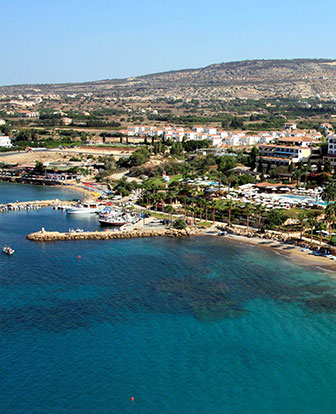



















 |
Alexei SokolovUniversity of Tennessee and Oak Ridge National LaboratoryExtreme Fragilities In Liquids: From Super-strong To Super-fragile Angell International Symposium on Molten Salt, Ionic & Glass-forming Liquids: Processing and Sustainability (7th Intl. Symp. on Molten Salt, Ionic & Glass-forming Liquids: Processing and Sustainability). Back to Plenary Lectures » |
Abstract:In this talk we overview broad literature on temperature dependence of structural relaxation (fragility) in molecular and polymeric systems. We emphasize broad range of known fragility index, from extremely low m~14 in supercooled water to extremely high m ~ 150-200 in many polymers. We ascribe the former to significant quantum effects in dynamics of water [1,2]. To understand better microscopic origin of fragility in non-polymeric systems we performed detailed analysis of the static structure factor S(Q). This analysis reveals that the temperature variations of the width of the main diffraction peak DQ(T) correlates with fragility of these liquids [3]. This observation suggests a direct connection between rather subtle changes in static structure and sharp slowing down of structural relaxation in glass forming liquids. We show that this observation can be rationalized using the Adam-Gibbs approach, through a connection between temperature variations of structural correlation length, lc, and the size of cooperatively rearranging regions. Then we discuss specific case of polymers where chain connectivity leads to many deviations from regularities observed for small molecules [4]. We demonstrate that while segmental relaxation in many polymers exhibits extremely high fragility, the temperature dependence of molecular scale relaxation (chain relaxation in case of polymers) exhibits fragility in the range usual for molecuklar systems, m < 100 [4,5]. We ascribe the extremely high segmental fragility in polymers to non-ergodicity of these systems on segmental time scale [4,5]. At the end we summarize the major microscopic parameters controling steepness of the temperature dependence of structural relaxation in glassforming liquids. References:[1] C. Gainaru, et al., PNAS 111, 17402 (2014). |
|